

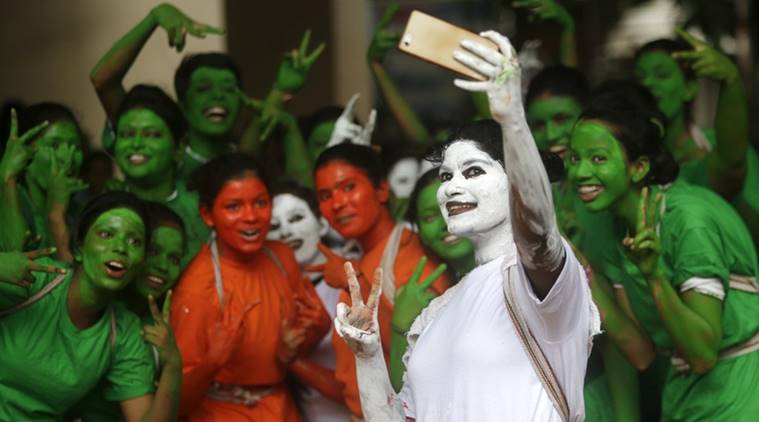
As India celebrates its Independence Day, a recent survey shows that the country's youth are politically aware and keen to effect change through democratic means. With over half of India's population consisting of young people, their aspirations and expectations for the government's third term are at the forefront of national discourse. From casting informed votes to actively working at the grassroots level, the youth are determined to shape the future of their country. This sentiment is shared by Madhuwanti Banerjee, a former professor of sociology, who believes that the youth will never compromise on democracy. This is evident from their participation in various movements and protests for justice and against unjust or undemocratic policies. However, the biggest challenge for the youth is to navigate through the noise of caste and religion-based politics and focus on pressing issues like climate change and environmental conservation.
Ujjain District Magistrate Celebrates Indian Independence Day with Youth
On India's 75th Independence Day, Ujjain's District Magistrate celebrated with the politically aware youth of the region. The recent Google survey revealed that India's youth are determined to drive change through democratic means.
Background
India's youth is a significant demographic, with over half of the population being under the age of 25. This generation has grown up in a rapidly changing world and has a strong desire to shape the future of their country.
Observations from the Google Survey
District Magistrate's Message to the Youth
The District Magistrate of Ujjain, Ashish Singh, encouraged the youth to embrace their role in nation-building. He emphasized the importance of informed voting, grassroots activism, and standing up for justice and democracy.
Challenges for the Youth
Professor Madhuwanti Banerjee highlighted the challenges facing the youth in navigating the noise of caste and religion-based politics. She urged them to focus on pressing issues like climate change and environmental conservation.
Top 5 FAQs and Answers
Q1: What is the significance of the youth's political awareness in India? A1: India's youth represents the future of its democracy and can drive meaningful change through their participation in political and social processes.
Q2: How are young Indians expressing their political views? A2: They are casting informed votes, actively participating in grassroots movements, and using social media to voice their opinions.
Q3: What are the challenges facing the youth in India? A3: They include caste and religion-based politics, unemployment, and access to quality education and healthcare.
Q4: What can the government do to support the youth? A4: Implement policies that promote education, employment, and civic engagement while addressing social and economic disparities.
Q5: What is the future of democracy in India with the increasing political involvement of the youth? A5: The youth's political awareness and desire for change suggest a bright future for India's democracy, as they will shape its policies and institutions in the years to come.

In a digitized effort, Chief Minister Devendra Fadnavis transferred a grant of ₹25 crore to 560 gaushalas across the state under the Desi Cow Conservation Scheme. This first phase of the scheme will benefit over 56,000 indigenous cows for their upkeep. Fadnavis emphasized the importance of preserving indigenous cows for rural development and praised the initiative taken by the Maharashtra Goseva Commission. With lower milk productivity, these cow shelters play a vital role in providing necessary care for non-milking and unproductive cows, making the scheme a major relief for them.

Samajwadi Party chief Akhilesh Yadav criticized the BJP for taking 10 months to select a national president, while Amit Shah countered by pointing out dynastic practices among opposition parties. Reports suggest that the BJP will announce its new national president by the third week of April to replace JP Nadda. Nadda's tenure was extended until June 2024, but the new president will still be chosen after a process involving the party's 12-13 crore members.
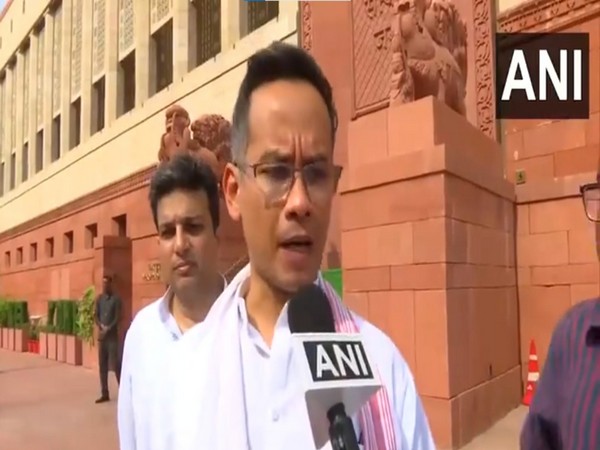
Congress MP Gaurav Gogoi vehemently opposes the Waqf amendment bill during a Lok Sabha discussion, stating that it is an attack on the foundation of Parliament and the Constitution. He also alleges that the government has ulterior motives for pushing the amendment, including diluting the Constitution, defaming minorities, dividing society, and disenfranchising the minority community. He questions the timing of the amendment and accuses the BJP-led government of restricting religious freedoms in India.
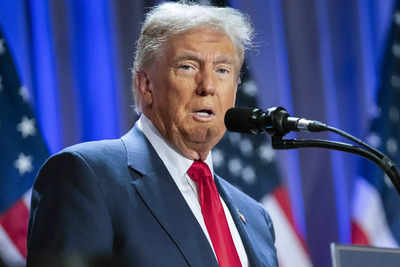
US President Donald Trump has sparked controversy by hinting at ways to stay in power beyond his second term. While the 22nd Amendment limits presidential terms to two, Trump believes there are "methods" to get around it. This raises concerns about the sanctity of democracy and the potential for abuse of power. The idea of a third term for any president has been largely rejected in American history, making this a crucial issue to watch.
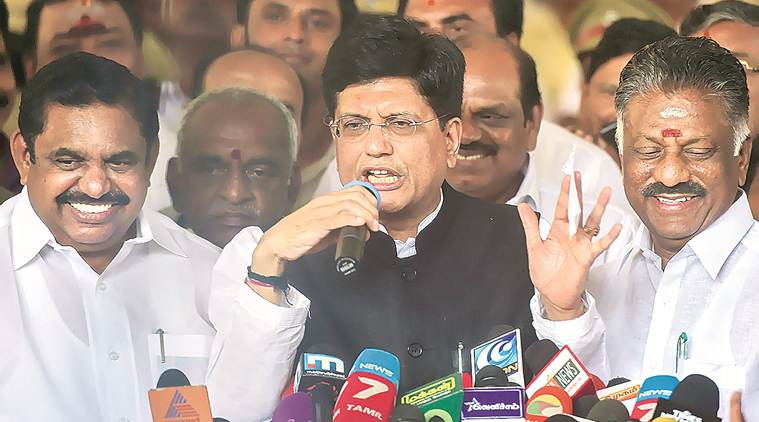
The Indian Express has reported exclusively that the BJP may ask K Annamalai to step down as the party's Tamil Nadu president, in order to avoid having both BJP and AIADMK's state election faces come from the Gounder community. This move is seen as a strategic decision to strengthen the BJP's alliance with AIADMK, as both Annamalai and AIADMK chief Edappadi K Palaniswami belong to this community. Despite his successful leadership style, Annamalai has reportedly been assured of a bright future within the party and has pledged complete loyalty.
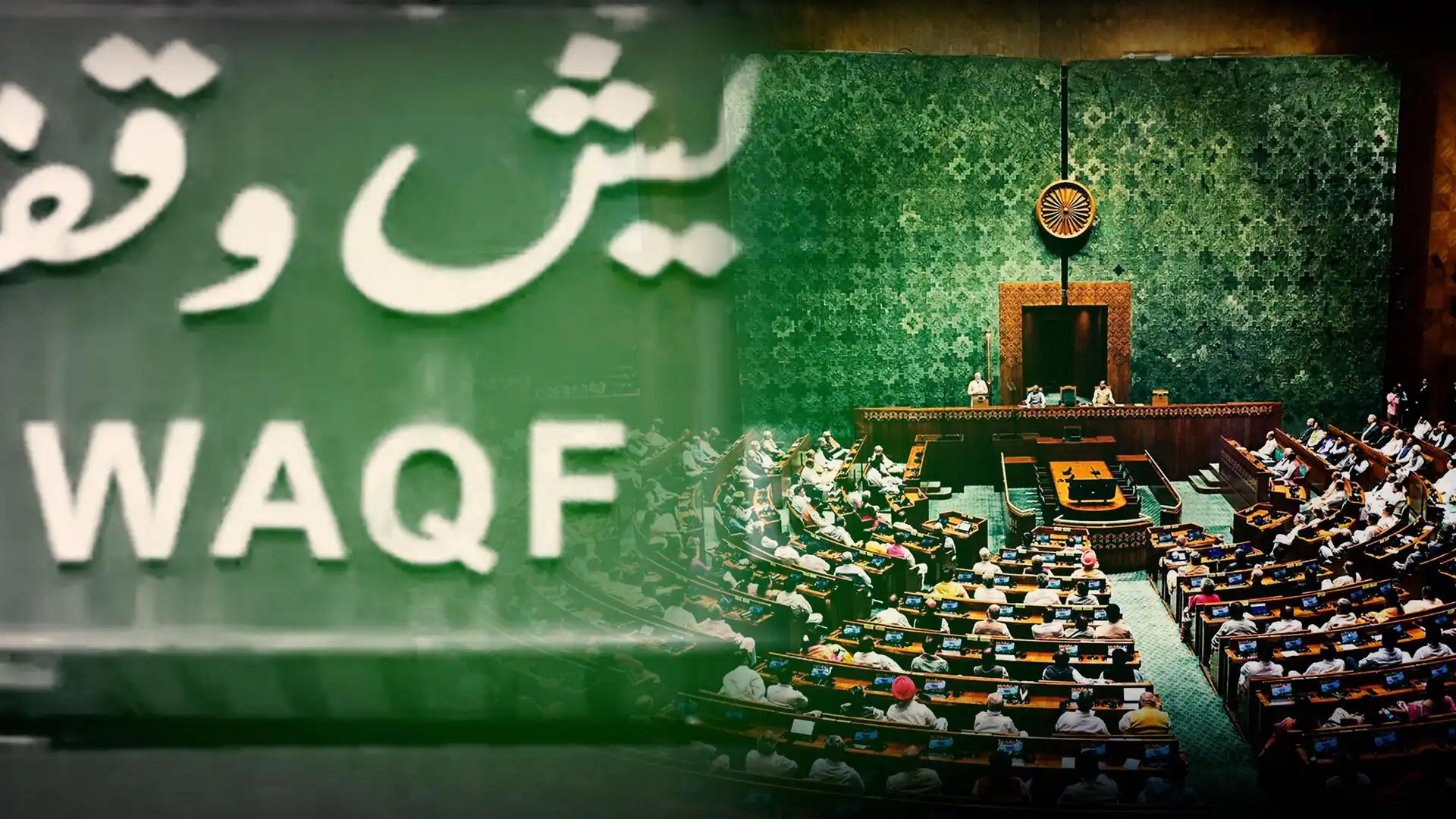
The Lok Sabha braces itself for a heated session as the Centre brings back the divisive Waqf (Amendment) Bill for consideration and passage. The eight-hour debate, agreed upon by leaders from all major parties, could be extended after taking the sense of the House. The previously introduced bill had faced backlash from the Opposition and was sent to a Joint Committee for further scrutiny, leading to clashes over proposed amendments and dissent notes being allegedly redacted. Some of the biggest points of contention include allowing non-Muslims to hold key positions in the Waqf board, giving power to the District Collector to determine ownership of disputed property, and removing the tribunal's final decision clause.

Prime Minister Narendra Modi and Chilean President Gabriel Boric Font held discussions on enhancing bilateral relations between India and Chile, particularly in the economic, commercial, and societal sectors. They also paid tribute to Mahatma Gandhi at Raj Ghat and announced the start of negotiations for a comprehensive economic partnership agreement. The Chilean President is on a five-day state visit to India, accompanied by a high-level delegation.
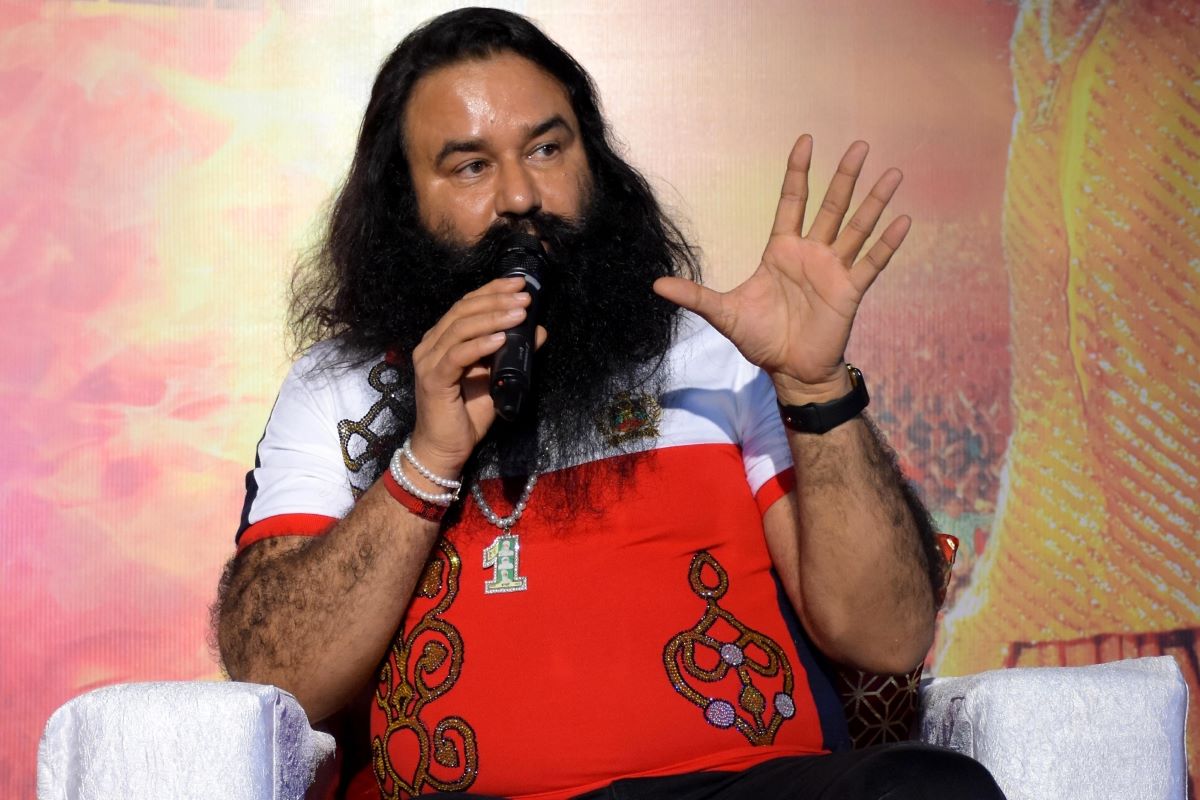
The controversial Godman, Ram Rahim, who is serving a 20-year jail sentence for rape, has been granted a 30-day parole by the Haryana government. His release coincides with the upcoming assembly elections in Delhi, raising questions about the timing of the decision. Ram Rahim's parole last year before the Haryana assembly elections was also met with criticism. With a mass following in Punjab, Uttar Pradesh, and Haryana, the parole has sparked a debate on the influence of religious leaders in politics. IBNS, an objective news agency, strives to provide factual and unbiased news without any biases or agendas.
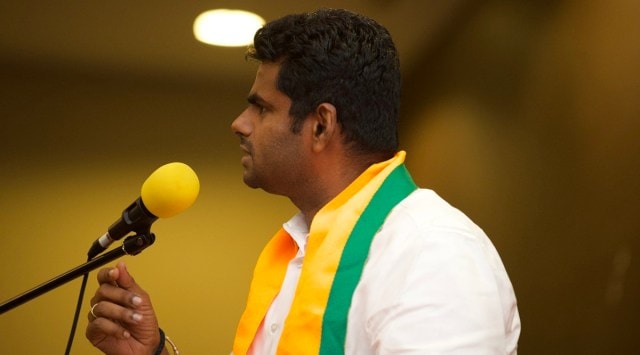
It has been speculated that K Annamalai, the current BJP Tamil Nadu president, may step down from his position as alliance talks between the BJP and AIADMK intensify. The move comes amid concerns over caste equations and the BJP's strategy to consolidate its hold beyond the western region of Tamil Nadu. Sources reveal that Annamalai has expressed complete loyalty to the party and may take on a national role or a different assignment in the state.
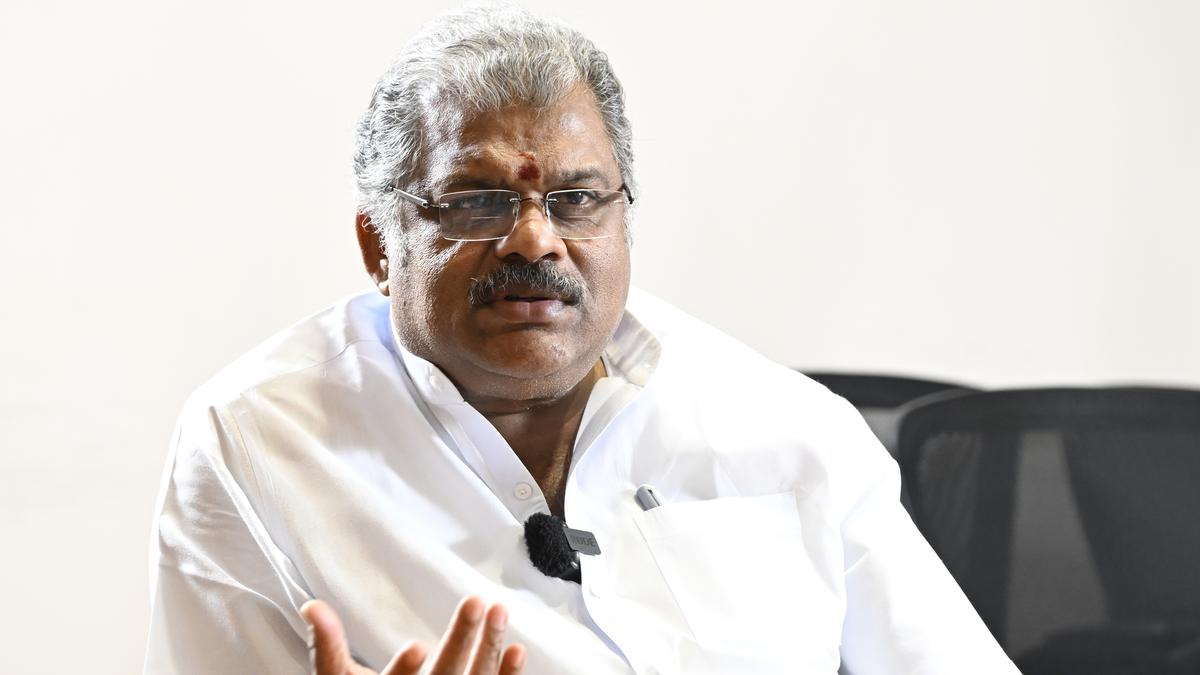
In a scathing attack, Tamil Maanila Congress leader and former Union Minister G.K. Vasan criticized the DMK government in Tamil Nadu for the deteriorating law and order situation in the state. Vasan accused the ruling party of using divisive issues to distract from their failures, corruption, and scams. He demanded a white paper on the alleged Rs 1,000-crore financial fraud involving the state-run corporation responsible for liquor sales. The Enforcement Directorate has conducted raids in connection with suspected financial irregularities, targeting the TASMAC headquarters, distilleries, and liquor contractors.